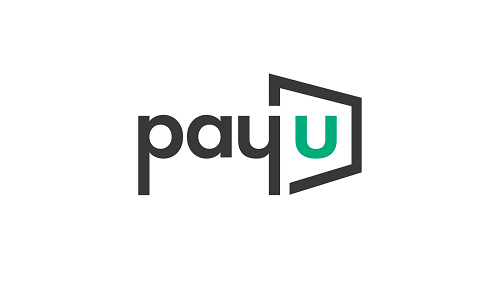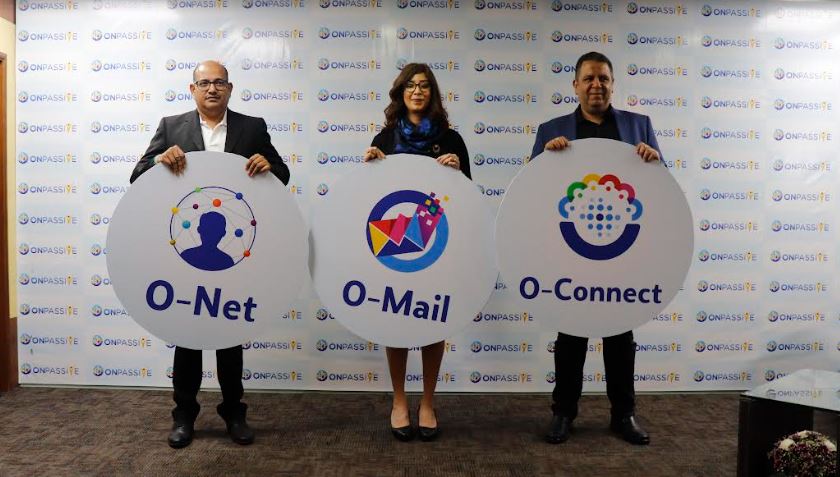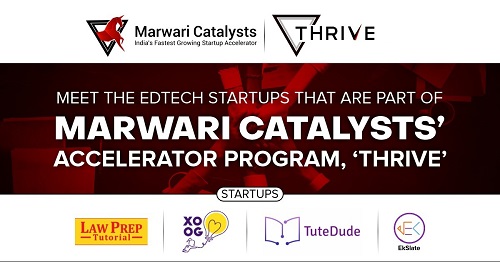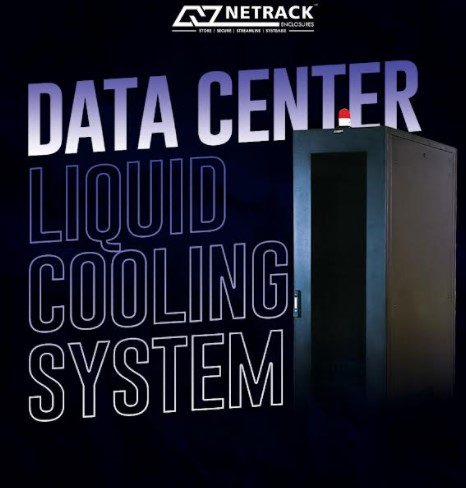Unifying Salesforce and Oracle ERP Cloud Testing
Achieve seamless integration by unifying Salesforce and Oracle ERP Cloud testing processes.

Introduction
Digital transformation at the enterprise level usually entails bringing powerful platforms online, such as Salesforce and Oracle ERP Cloud, to help simplify CRM and back-office functions. But complexity comes with powerful functionality —especially when you’re thinking about testing. Manual testing just can’t scale to keep up with the rapid updates, complex business logic, and deeply customized use cases these platforms require.
This article discusses how test automation can help close the gap to maintain consistency in terms of functionality, data integrity, and compliance between Salesforce and Oracle ERP Cloud implementations. We’ll also point out how smart automation platforms, such as Salesforce automation, make testing of these enterprise systems a breeze.
The Challenge of Testing Salesforce and Oracle ERP Cloud
Salesforce and Oracle ERP are both highly customizable and frequently updated, which makes end-to-end testing complex. Here are the core challenges:
· Frequent Releases: Both platforms roll out updates multiple times a year
Want to get your story featured as above? click here!
Want to get your story featured as above? click here!
· Custom Workflows: Business-specific logic adds test coverage gaps
· Data Sensitivity: Financial and customer data must be tested securely
· Integrated Processes: Testing must validate cross-platform workflows, like lead-to-cash or procure-to-pay
As detailed in this Oracle ERP Cloud implementation overview, maintaining quality and stability across modules like Finance and Procurement requires continuous test automation.
Why Test Automation is Crucial for Enterprise Apps?
Enterprise systems like Salesforce and Oracle are critical to business. Bugs can cause downtime or financial loss. Here's where automation makes an impact:
· Scalability: Run regression tests for every release cycle
· Coverage: Test across roles, data inputs, and integrations
· Speed: Faster validation of workflows and reports
· Compliance: Ensure audit trails and access controls are intact
Manual testing can’t provide the consistency or pace needed for platforms with deep functionality. Automated testing becomes especially important when organizations customize their Salesforce instances or configure Oracle ERP workflows to reflect internal business logic, which may differ drastically from out-of-the-box implementations.
Salesforce Test Automation: Key Considerations
Salesforce has a dynamic DOM and ever-changing UI. Key challenges include:
· Dynamic Elements: Field IDs and layouts change often
· Lightning UI Support: Must handle modern UI components
· Cross-Browser Testing: Validate on Chrome, Firefox, Safari, and Edge
· API Testing: Essential for integration and workflow accuracy
See how Salesforce test automation handles these challenges with self-healing tests and AI-driven logic.
Oracle ERP Cloud Testing: Complex but Critical
Testing Oracle ERP Cloud means validating interconnected modules:
· Finance: Journal entries and approvals
· Procurement: Supplier workflows and rules
· HCM: Roles, payroll rules, and access control
ERP testing should include security and performance checks—especially after upgrades or patches. ACCELQ simplifies Oracle testing with reusable logic, test modularity, and no-code test authoring.
Oracle’s tight coupling between modules like Procurement and Finance means a small misconfiguration or data issue can cascade downstream. Automation ensures continuous quality and reduces the overhead of regression cycles during patch testing or quarterly Oracle updates.
End-to-End Testing Strategy: Salesforce ↔ Oracle ERP
For enterprises running both, testing isn’t isolated. Consider this flow:
A new lead enters Salesforce → Gets approved → Data flows into Oracle ERP → Order is processed → Invoices are generated
Every step requires:
· Field mapping validation
· API and integration checks
· Workflow automation and access control validation
Unified testing ensures data and processes are aligned across platforms. Teams can reduce redundancy by designing reusable, data-driven components that validate this cross-application flow while leveraging test case traceability to track which changes affect which tests.
How ACCELQ Streamlines Cross-Platform Automation?
ACCELQ’s enterprise-grade automation covers both Salesforce and Oracle ERP:
· No-Code Automation: For testers and business analysts
· Self-Healing Tests: Maintain stability through UI changes
· CI/CD Friendly: Works with Jenkins, Azure, GitHub
· Data-Driven Testing: Support for parameterization
· Unified Management: Centralize test suites across apps
This integrated platform also provides real-time test execution reporting, helping QA leads prioritize remediation before production deployment. The ability to handle both UI and API tests from one platform simplifies validation and speeds up decision-making.
Best Practices for Testing Salesforce + Oracle ERP
· Modular Test Design: Reuse across platforms
· Automate High-Risk Flows First: Lead-to-cash, procure-to-pay
· Include API Checks: Don’t just test UIs
· Run in Parallel: Speed up large regression suites
· Stay Sync'd with Release Cycles: Keep tests updated with patches
It’s also important to build a version-controlled repository of your test cases. This ensures traceability, improves audit-readiness, and helps align test assets with evolving business logic and system upgrades.
Final Thoughts
Testing Salesforce and Oracle ERP Cloud requires more than manual processes. These mission-critical platforms demand scalable automation. ACCELQ enables end-to-end automation without writing code—offering faster test cycles, higher accuracy, and confidence in your digital operations.
Want to get your story featured as above? click here!
Want to get your story featured as above? click here!
















































































































